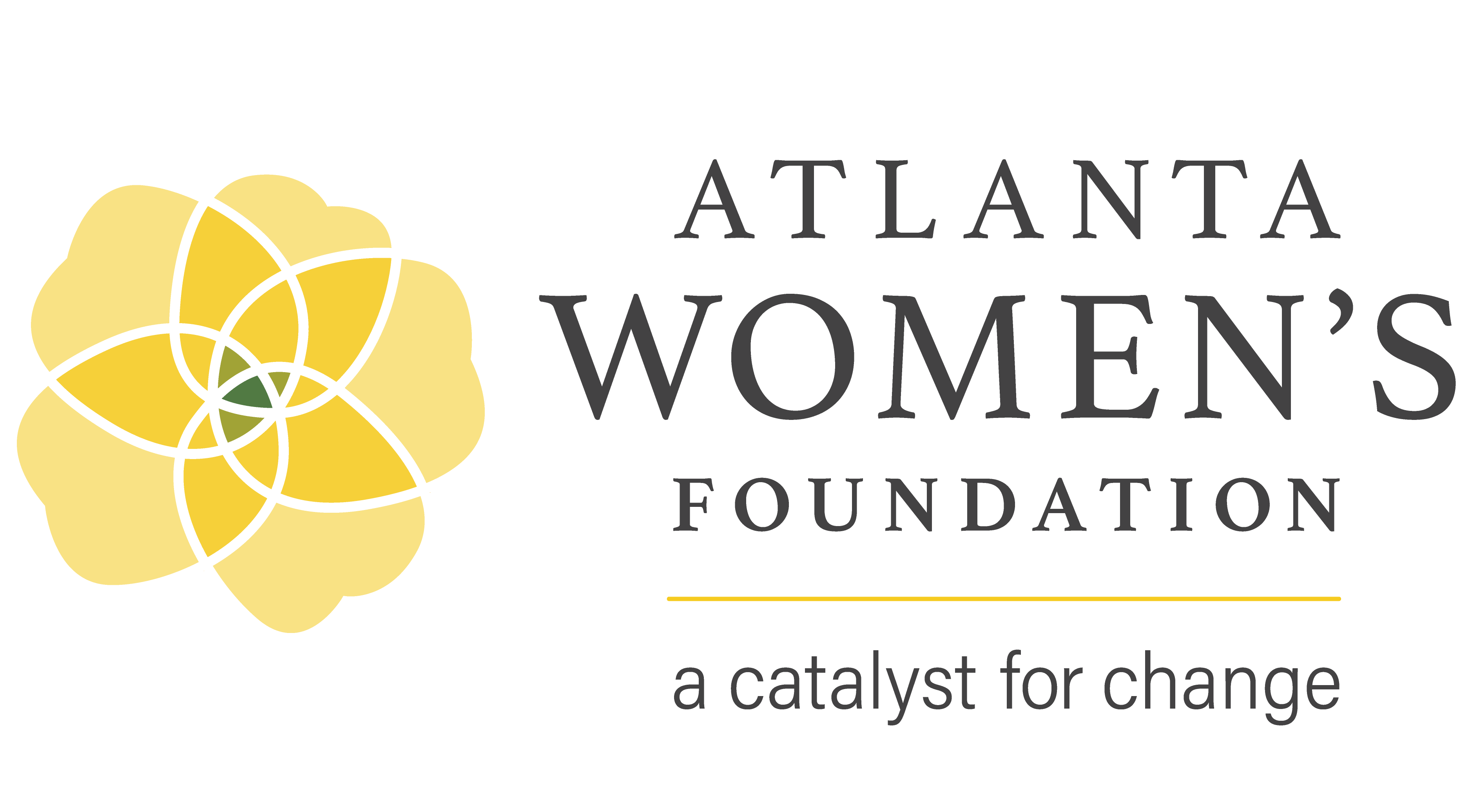We Need to Talk About Child Care
When you consider the factors essential to a thriving, modern economy, does child care come to mind? If not, it should. Child care is not just an issue about children and families, but an economic issue that impacts us all.
In 2015, AWF partnered with Georgia Budget and Policy Institute to develop a report that makes the economic case that Georgia should increase the amount of child care subsidies to help women work and explains the long-term economic benefit to the state of Georgia. The economic need for child care programs to support working parents, especially women, is one of the most significant outcomes of the COVID-19 pandemic and a lack of child care is the leading reason why women dropped out of the workforce when the pandemic hit.
Low-income parents are familiar with the trade-off between the high cost of child care and working. Many studies find that when parents receive help paying for child care they are more likely to work. According to a national study by researchers at Georgia State University and the University of North Carolina, mothers who received assistance with child care costs were 13 percent more likely to be employed. However, between 2009-2018, working women ages 18-64 lost an estimated $8.8 billion in potential wages due to challenges associated with a lack of child care.
The pandemic has only exacerbated an already difficult situation.
From February 2020 to March 2021, Georgia women experienced a net decline of 2 percent in employment compared to Georgia men who experienced a net increase of 5 percent. The August 2021 U.S. jobs report noted that only 11.9% of the 235,000 jobs added went to women. At this rate, it will take women almost ten years to return to pre-pandemic levels of employment.
Child care plays a major role in the slow return of women to work. One of the hardest hit sectors by the pandemic was child care. Child care jobs are only at 88 percent compared to February 2020. This means that there is a shortage of child care.
That is why AWF has made child care a top priority in order to help women thrive. Through our Women’s Pathway to Success Program, Breaking Barriers, Building Women: Economic Empowerment Program and Rebuilding Women Initiative, we are funding programs that assist with child care to help women stay in school or stay employed.
Additional investment in child care assistance strengthens today’s Georgia workforce. It helps Georgia’s low-income working parents become better workers and higher wage earners. It also helps unemployed parents join the ranks of the employed. A preponderance of research shows child care assistance can help these families contribute more to the workforce and to their own finances.
